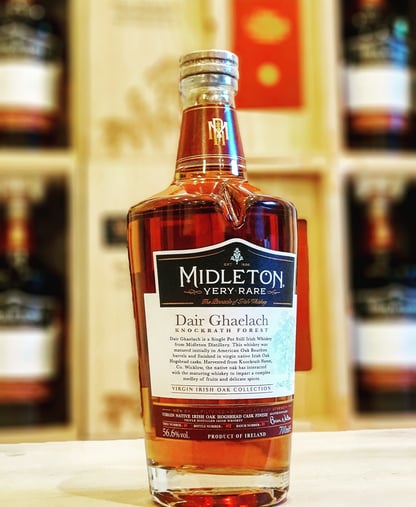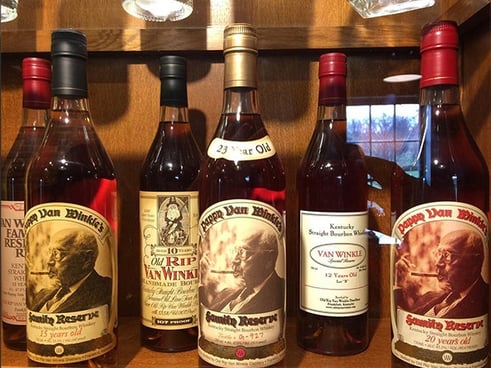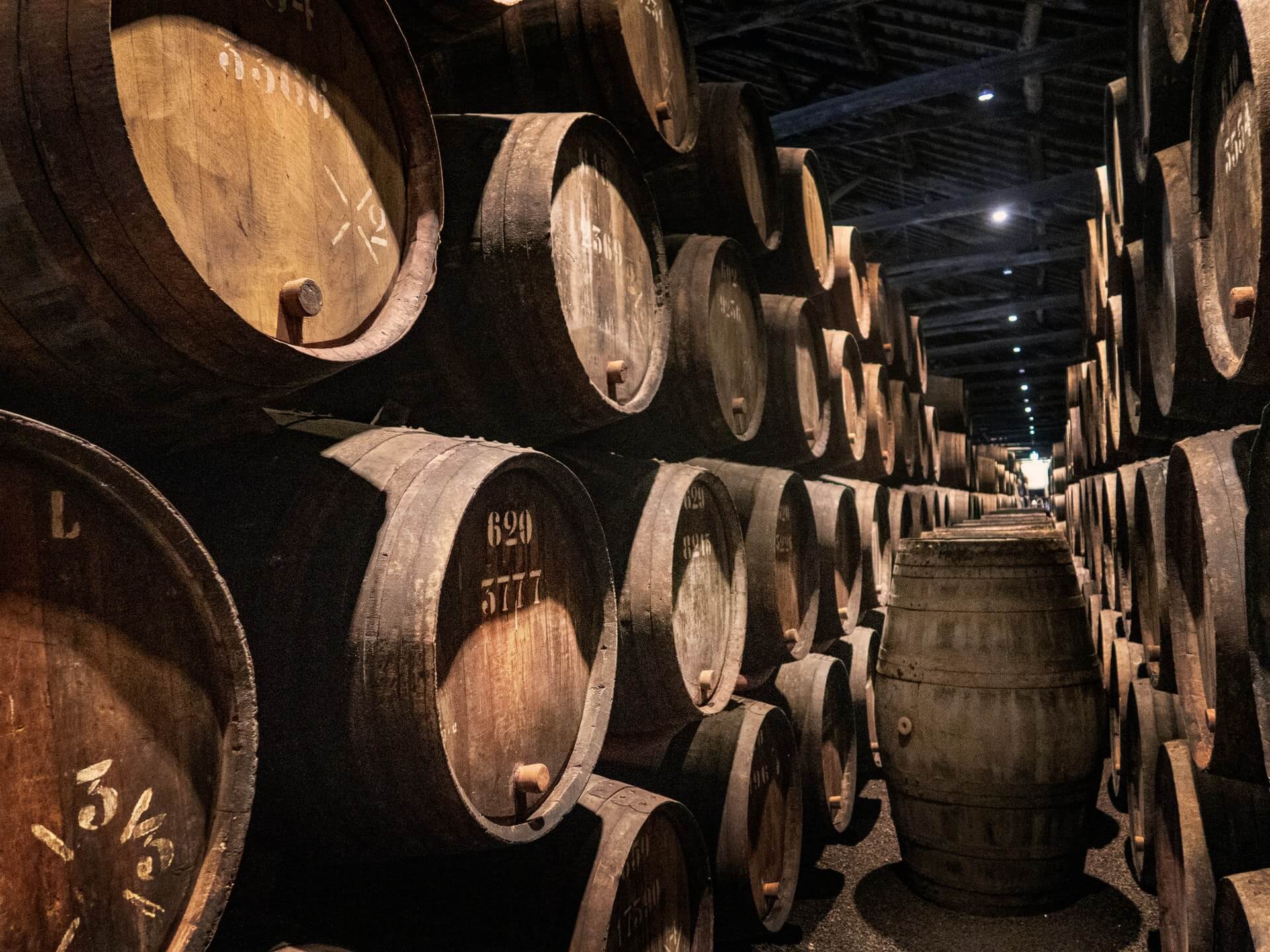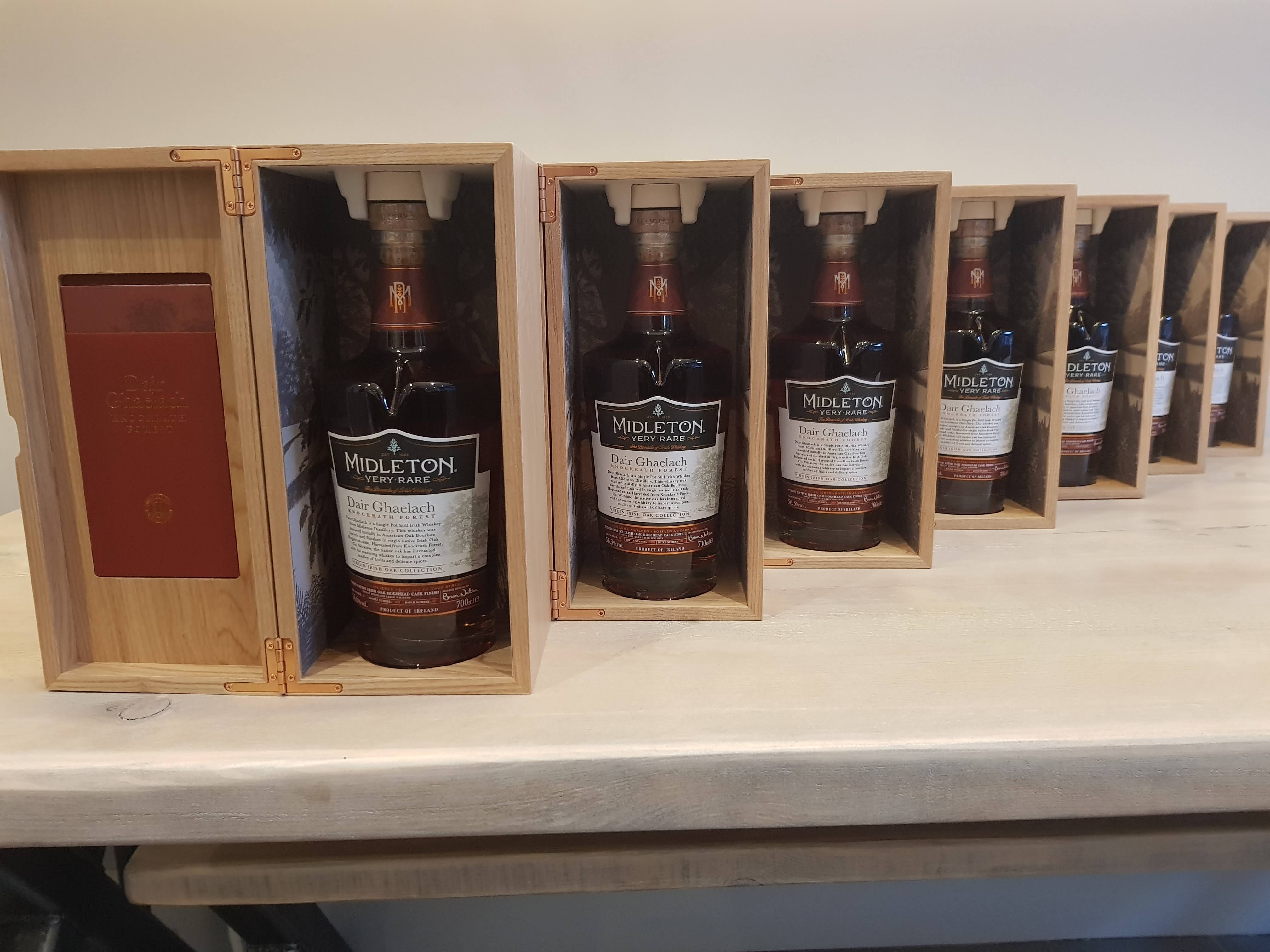Getting Started
Whiskey investing is a relatively new form of investment that has gained popularity in recent years. It involves the purchase of whiskey for the purpose of capital appreciation, similar to other forms of investments such as stocks and bonds. Whiskey can be bought directly from distilleries or through retailers and online auction sites, with prices dictated by market demand for certain styles or types. With many different styles available across the world, investors need to understand what makes each one unique in order to select a whiskey suitable for their portfolio. An overview of whiskey markets provides an insight into how prices are determined based on supply and demand, age-old production techniques and brand recognition, which are all factors that affect its overall value.
Understanding Value and Quality
The assessment of quality and value is important in whiskey investing, as a higher-quality product will typically command a higher price. Factors such as age, distillation techniques, water source, and the type of oak used to mature the whiskey can all affect its overall quality. While it’s difficult to judge these components without tasting the whiskey itself, buyers should look for signs that suggest high quality production – for example certain distilleries are well known for their excellence in craftsmanship.

Rarity is another factor that affects pricing when it comes to whiskey investment. Some releases may be limited edition bottlings or highly sought after single cask expressions which can make them much more valuable than other whiskies on the market. Rarity pricing refers to how much more expensive scarce bottles can become due to demand outstripping supply – investors need to keep an eye out for rarer editions if they want big returns on their investments!
Finally, brand recognition plays an important role in determining whisky prices too; some brands have been around since Victorian times and have developed a loyal following over many generations. This loyalty means consumers are willing to pay extra for products with established reputations behind them and so often these whiskies fetch premium prices at auction or from retailers alike.
Financial Considerations
When it comes to whiskey investing, potential returns need to be carefully considered. Whiskey prices can fluctuate significantly and investors should assess the risk associated with each purchase in order to determine the potential return on investment. Different types of whiskies have different price points and timeframes for investment – some may take years before they reach their peak value, while others may mature quickly or remain at a steady level of appreciation over time. Investors also need to be aware of any tax implications as this could affect their overall financial gain from an investment in whiskey.

Investors should research distilleries and brands thoroughly before committing any money into whisky investments, including understanding production processes and gaining insights into trends in the industry which could influence future values. They should also consider diversifying their portfolio by investing in multiple types of whiskies; this way even if one type fails to reach its expected value there is still a chance that another will appreciate accordingly and make up for any losses incurred elsewhere. Finally, investors must keep track of market changes so they are well informed when making decisions about future purchases or sales – knowledge is key when it comes to successful whiskey investing!
How to Invest in Whiskey
Researching whiskies is key to successful whiskey investing. Investors should research distilleries and brands thoroughly before committing any money into whisky investments, including understanding production processes and gaining insights into trends in the industry which could influence future values. There are a variety of sources available for researching whiskeys such as online reviews, industry magazines, blogs and forums. These can provide invaluable information on quality levels, prices and availability of different types of whiskies.

Investing directly in whiskies involves purchasing bottles from distillers or retailers with the intention of selling them at a later date when their value has increased. This form of investment requires an expert knowledge base to accurately predict which products will appreciate over time; investors must also be aware that certain industries experience market downturns that can lead to losses in their investments.
Casks and barrels are another option for whiskey investors who want to benefit from potential price increases without having to commit significant capital upfront. In this type of investment, buyers purchase casks full or partially full with aged whiskey from distilleries; once purchased these can often be stored indefinitely until they reach maturity when they become eligible for sale on the open market where demand may dictate higher prices than what was originally paid for them. For those looking for long-term returns cask investing may offer more stability than other forms due to its low initial cost compared with buying individual bottles up front – however it comes with risks associated with storage (such as contamination) so investors should take care when considering this method!
To Invest Or Not?
In conclusion, investing in whiskies is a potentially lucrative endeavor that can yield returns if done correctly. The key to success with whiskey investment lies in researching the various distilleries and brands available so you have an understanding of production processes and trends. With an informed perspective on pricing and quality, investors can then assess their specific goals to determine which form of investment – whether it be purchasing individual bottles, casks or barrels – best suits their needs. Additionally, diversification is important as this limits overall risk while still providing potential for growth over time; finally investors should keep abreast of market changes in order to make informed decisions when it comes to future purchases or sales. By taking these steps into consideration whiskey investing could provide a unique opportunity for those looking for long-term gains from this increasingly popular asset class.



.png?width=75&name=potstill-e1500501269525%20(1).png)
